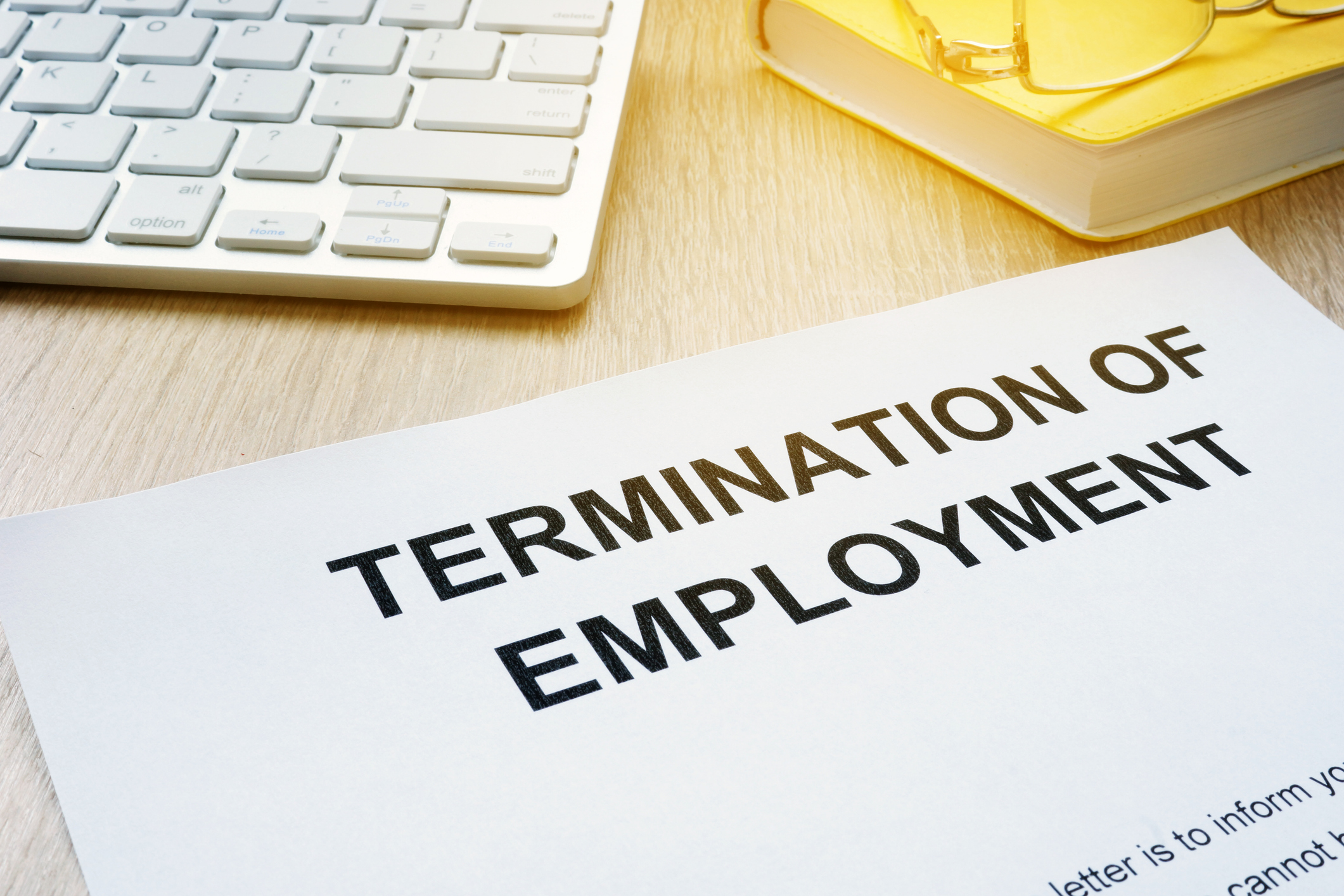Beyond At-Will: Why Documentation is Critical for Lawful Terminations in California

Written by Nadia Ardebili, President at CA HR Services
In California, the doctrine of “at-will” employment is often misunderstood. While it technically allows an employer to terminate an employee at any time, with or without cause or notice, relying solely on “at-will” language when ending employment can be risky — especially in a highly litigious state like California.
The Myth of At-Will Protection
At-will employment may give the impression of flexibility, but courts and regulatory bodies often scrutinize the why and how of a termination. Even if a termination is legally defensible under at-will principles, it can still result in costly legal action if the employee alleges discrimination, retaliation, or wrongful termination — especially when there’s a lack of documentation to support the employer’s decision.
Why Documentation Matters
Courts don’t take “at-will” status at face value when an employee files a claim. Instead, they’ll look for evidence of:
- Performance Issues: Are there written warnings or performance reviews?
- Policy Violations: Was the employee informed of policies, and were violations clearly documented?
- Consistency: Have other employees been treated similarly for the same behavior?
- Progressive Discipline: Was the employee given a fair chance to improve?
- Clear Communication: Did the employee have any indication their job was at risk?
Without proper documentation, it becomes the employer’s word against the employee’s — a scenario that rarely ends well for the employer in front of a jury or the California Labor Commissioner.
The Legal Climate in California
California has some of the most employee-friendly laws in the country. Even well-meaning employers can get caught in legal traps for:
- Unlawful retaliation (e.g., after complaints of harassment or wage violations)
- Discrimination claims (e.g., disability, race, age, gender)
- Violation of protected leaves (e.g., CFRA, FMLA, PDL, or reasonable accommodations)
An employer’s best defense is a paper trail that clearly documents employee performance, behavior issues, and the decision-making process leading to termination.
Best Practices Before Termination
To minimize risk, we recommend employers in California take the following steps:
- Establish and Enforce Clear Policies:
Make sure your employee handbook is up-to-date, well-communicated, and consistently followed. - Keep Thorough Documentation:
Notes from performance conversations, disciplinary warnings, and improvement plans should all be recorded in the employee file. - Apply Progressive Discipline:
Unless the infraction is egregious, provide employees with opportunities to improve through formal warnings and performance improvement plans but ensure that your policies do not state that all discipline has to flow through a specific discipline process. - Involve HR Early:
Don’t make termination decisions in isolation. HR professionals should always be part of the process to ensure consistency and reduce liability. - Review for Potential Legal Issues:
Before terminating, review whether the employee has recently taken leave, made a complaint, or is part of any protected class. - Conduct a Final Review:
If unsure, get a second opinion. Sometimes a quick HR audit can prevent a costly lawsuit.
Final Thoughts
Yes, at-will employment provides flexibility — but in California, it’s not a substitute for fair, well-documented HR practices. Employers who invest time in clear documentation, proactive communication, and consistent application of policies are better positioned to terminate employees when necessary, without exposing themselves to unnecessary legal risk. Even well thought out and executed terminations are never without risk but there are ways to limit that risk.
If you need support with employee relations, documentation templates, performance coaching, or termination strategy — CA HR Services is here to help. We’ll guide you through the process to ensure compliance and protect your business every step of the way. Call or email us at info@cahrservices.com or call us at 858-228-5535.
